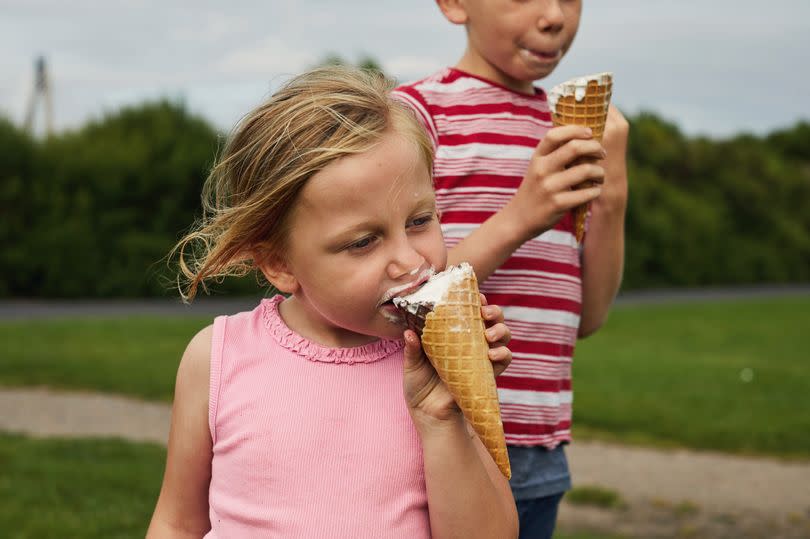NHS Doctor explains why heat in UK feels hotter than when you're on holiday

An NHS doctor has explained why the UK feels hotter than abroad when the sun is shining down on us - and there's a perfectly good explanation.
If you've ever been abroad and felt the heat many of us love, you'll know that 25C abroad is completely different from 25C in the UK. And although us Brits love to complain about the weather, we could actually be justified in our moaning.
Taking to TikTok Dr Karan Raj aka @dr.karanr asked: "Why does the heat in the UK feel even hotter than when you're abroad?" Joking that we love to complain about everything including the weather he added "there are a few rational explanations for this temperature perception glitch".
Firstly, he says that a lot of it is to do with relative humidity. He explains: "This is the amount of moisture in the air compared to the maximum amount of moisture the air can hold at that temperature.
"In the UK, the relative humidity is higher than in countries with dry heat. This makes it harder for our bodies to cool down because sweat doesn't evaporate as well. So you feel hot and sticky like a roast barbecue pig. This is why 35C in a dry climate can feel more comfortable than 25C in a place with high relative humidity."
Talking about another factor, he says that it's all to do with our infrastructure. He explains: "In the UK the buildings are designed to retain heat because the weather is usually cold, soggy and silly.
"The same insulation that helps save energy in the winter makes buildings a greenhouse in the summer, especially without air conditioning which most UK homes don't have.
"In contrast, buildings in warmer climates are designed to stay cool. Thick walls and large windows sometimes even with window shutters and coloured coatings on the buildings to deflect heat."
Tips for coping in hot weather
According to the NHS, you should avoid the heat when possible. If going outdoors is necessary, seek shade, particularly between 11am and 3pm, apply sunscreen, wear a hat and light clothing, and refrain from activities that increase your body temperature.
Stay cool and consume cold meals and beverages, steer clear of alcohol, caffeine, and warm drinks, and take a cool shower or apply cool water to your skin or clothing.
They add that you should try and maintain a cool environment at home. Shut windows during the hotter hours and open them at night when it's cooler. Use electric fans when the temperature is under 35 degrees Celsius. Monitor the temperature in rooms, especially those used by individuals who are more vulnerable.
What are the signs and symptoms of heat exhaustion?
The signs of heat exhaustion include:
tiredness
dizziness
headache
feeling sick or being sick
excessive sweating and skin becoming pale and clammy or getting a heat rash, but a change in skin colour can be harder to see on brown and black skin
cramps in the arms, legs and stomach
fast breathing or heartbeat
a high temperature
being very thirsty
weakness

 Yahoo News
Yahoo News 
